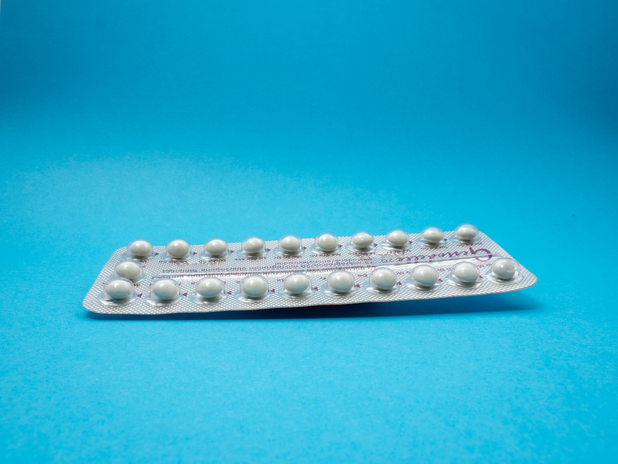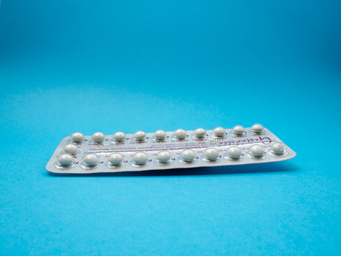The birth control pill, otherwise referred to as “the pill,” is an oral contraceptive that women can take for a multitude of reasons. The pill is extremely important to women’s health, whether they are sexually active or not.
It is important to note that the pill is not for everyone. Some women prefer other methods of birth control, which can range from hormonal injections to IUDs, or even the uses of condoms (there are both female and male condoms available). It is all about preference. Your hormones also play a role in what is best for you. Doing research and talking to your gynecologist about the pill is extremely important. They can recommend another pill if yours is not working well for you, or they may offer options other than the pill if you are not a candidate for oral birth control (yes, some women should not take oral birth control). If one brand of birth control pill does not work for you, it does not mean that all birth control pills won’t work. There are several varieties of the pill, each having a different balance of hormones, and it works for different things, especially if you are taking it outside of contraceptive purposes. The stigma around the pill should not stop you from finding what works best for you.

The pill is used for a lot more than just a birth control method. Over 1 million women use the pill to alleviate period cramps, endometriosis symptoms and to fix hormonal imbalances. The pill also works for regulating periods. About 14% of women have irregular and painful periods. The pill can reduce these symptoms and can be life-changing for some women. Whatever the reason, finding the right pill for you can be challenging, but as women, it is our responsibility to protect our bodies and do what is medically and emotionally healthy. Some women have been on multiple different versions of the pill before finding the right one, and that’s okay.
When taking the pill or any medication, it is important to take it as directed in order to ensure it is effective. Whichever version of the pill you are taking, take your pill at the same time every day. You can set reminders if you are prone to forgetting. It might also be beneficial to put your pills next to something you will look at every day. By placing it by your bedside table, you are reminding yourself every morning. Taking the pill at the same time every day ensures that it can be most effective. It is also important to note that other medications can change the effectiveness of the pill. For example, many antibiotics can make the “pill” ineffective. For this reason, it is important that you inform your gynecologist which medications you take and keep them updated as this changes. If needed, you may need to find another method of birth control while taking a medication that interacts with your birth control pill.
The pill only protects against getting pregnant. It does not protect against STDs. Using condoms is still important if you are sexually active. For more information on the pill, visit Planned Parenthood or the Mayo Clinic.


